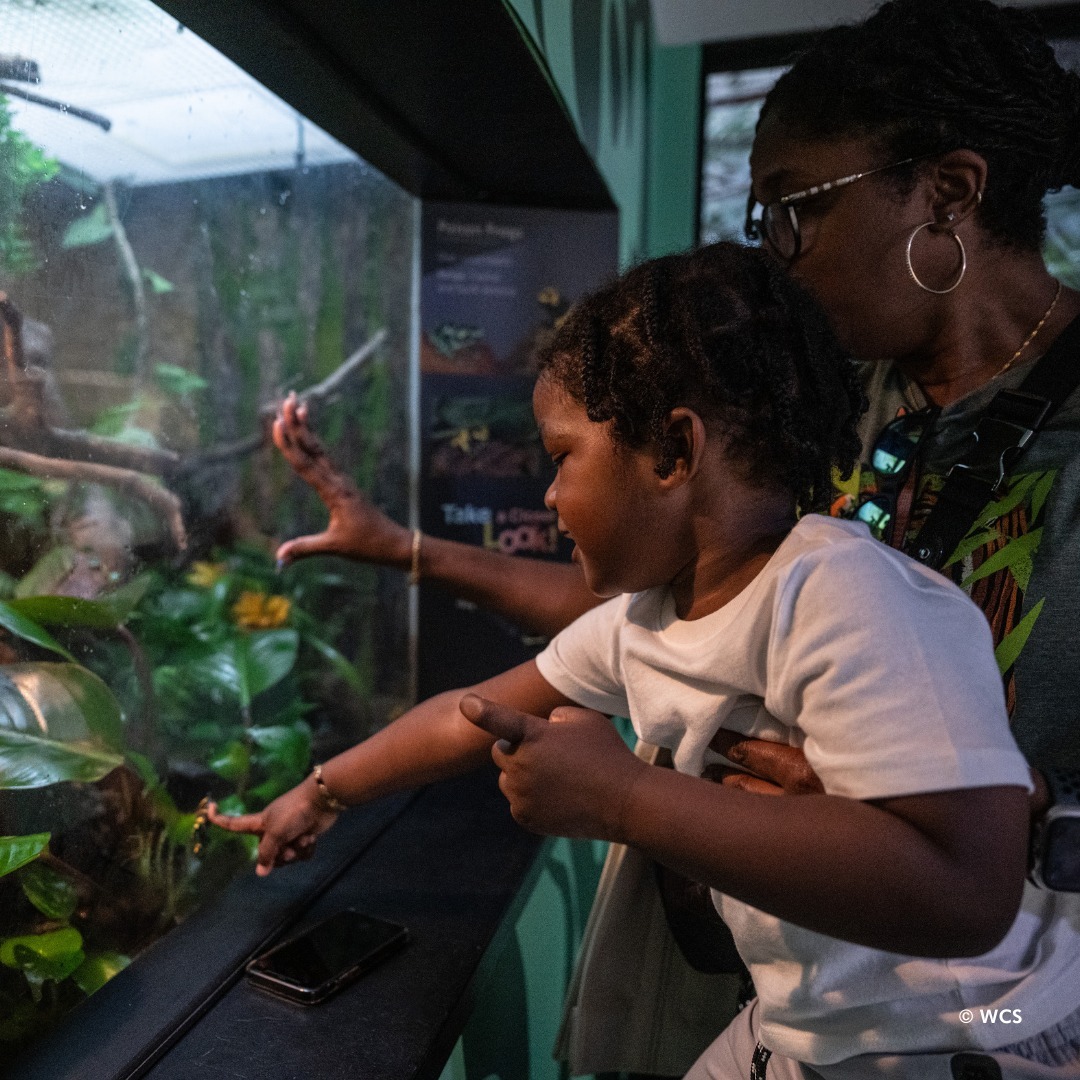- Exploring exhibits at Prospect Park Zoo enhances students’ understanding of various animal species and their habitats.
- The zoo serves as an educational tool for teaching biodiversity, conservation, and environmental stewardship.
- Special discounted rates for school and camp groups make visits accessible and affordable.
- Self-guided tours offer a flexible and engaging way for students to learn at their own pace.
- The Prospect Park Zoo contributes to wildlife conservation efforts and promotes awareness of ecological issues.
This winter, bringing your students on a self-guided field trip to the Prospect Park Zoo provides a valuable opportunity for immersive learning outside the traditional classroom setting. As educators seek to inspire curiosity and provide a well-rounded education in biological sciences, such a trip enables students to directly engage with diverse animal species and understand their ecological niches. The zoo’s range of exhibits offers insights into different ecosystems, allowing students to witness the intricate relationships between animals and their environments.
The Prospect Park Zoo is more than just a collection of animal exhibits; it is a dynamic educational resource that plays a crucial role in teaching students about biodiversity. Through interactive displays and clear, informative signage, students are encouraged to delve deeper into the study of individual species and broader concepts such as adaptation and food webs. By observing animals up close, students can explore topics like animal behavior, feeding habits, and reproductive strategies, which are fundamental to their understanding of zoology and ecological science.
Moreover, the zoo’s commitment to conservation education cannot be overstated. As part of the Wildlife Conservation Society, Prospect Park Zoo emphasizes the importance of preserving biodiversity. Exhibits highlight endangered species and the factors threatening their survival, serving as a call to action for students to think critically about the environmental challenges facing our planet. Such exposure can spark meaningful discussions on the importance of conservation efforts and the roles individuals and communities can play in protecting wildlife.
Prospect Park Zoo offers discounted rates for all school and camp groups, emphasizing its dedication to making these educational experiences accessible to a wider audience. This initiative helps alleviate budgetary concerns often associated with educational trips, allowing educators to provide enriching experiences without financial strain. By encouraging group visits, the zoo fosters an environment where collective learning can occur, nurturing students’ interests in zoology and conservation.
One of the significant advantages of a self-guided tour at the zoo is the ability for students to learn at their own pace, promoting a sense of autonomy in their educational journey. Teachers can split their classes into smaller groups, each with the freedom to explore areas of particular interest to them. This flexibility supports differentiated learning by allowing students to engage with material that genuinely captivates their attention, whether it’s through interactive exhibits, animal presentations, or quiet observation.
The significance of Prospect Park Zoo extends beyond education and entertainment. It is an active participant in global wildlife conservation efforts. The zoo’s programs raise awareness about critical ecological issues, such as habitat loss, climate change, and human-wildlife conflict. By showcasing real-world examples of animals affected by these issues, the zoo educates the public and inspires a commitment to conservation. Students leave equipped with knowledge and a sense of responsibility towards caring for our planet’s wildlife.
Visiting the Prospect Park Zoo this winter provides a compelling mix of education, inspiration, and conservation advocacy. It’s an enactment of experiential learning that fosters enduring educational outcomes. Encouraging students to participate in such field trips lays the foundation for a deeper appreciation of natural sciences and an informed attitude towards environmental stewardship. Whether it is observing the playful antics of sea lions or contemplating the majesty of snow leopards, each encounter enriches the learning experience, making it memorable and impactful.
In conclusion, a field trip to the Prospect Park Zoo stands as a valuable educational strategy, one that intertwines fun with learning, and instills a greater understanding of the complex and fascinating natural world we share. By exploring the zoo’s exhibits, students not only broaden their scientific knowledge but also deepen their commitment to wildlife conservation. Whether through discounted group visits or self-directed exploration, the zoo offers an influential learning avenue that educators can harness to nurture future generations of environmentally conscious citizens.
*****
Source Description
This winter, bring your students on a self-guided field trip to the Prospect Park Zoo for a learning experience they’ll never forget! As your students explore our exhibits, they will discover incredible animals and learn about their natural habitats. We also offer special discounted rates for all school and camp groups! Book your adventure today.
To learn more about school visits see: Link in Profile.
📸: WCS photographer, Terria Clay


